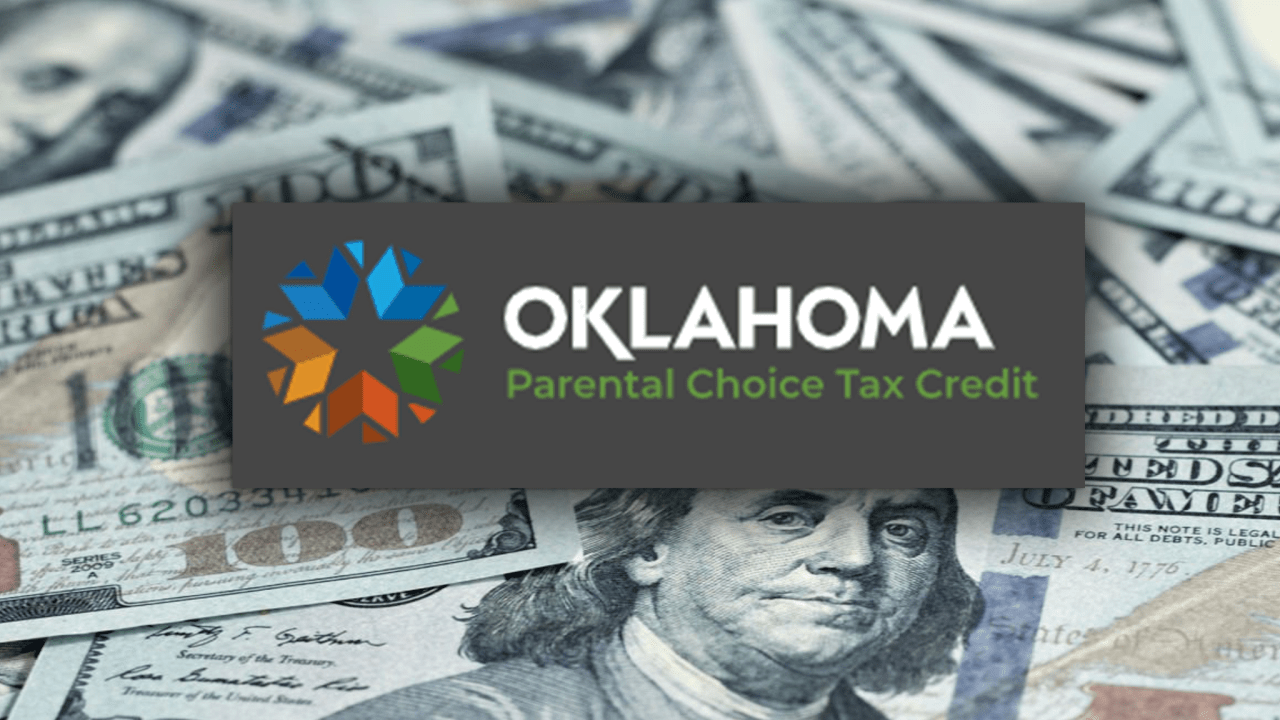Oklahoma’s Parental Choice Tax Credit program has raised concerns over the lack of strict accreditation standards allowing schools with questionable accreditations to receive tax credits highlighting the need for a better balance between school choice and educational quality.
Oklahoma’s Parental Choice Tax Credit Program Raises Concerns Over Accreditation Standards
According to the report of The Oklahoman, in Oklahoma and the Parental Choice Tax Credit program gives families between $5,000 and $7,500 per student each year. This has led many private schools to seek accreditation so they can qualify for this money. However, the state doesn’t check these accreditations closely. Schools only need to tell the state who accredits them with no further checks. This has led to a variety of accrediting groups being accepted including some with questionable standards. For example, Goodland Academy and a school that had a brief closure and reopened with just five students and a zoo preschool accredited by an organization focused on animal welfare both received tax credits despite their unusual accreditations.
The relaxed accreditation rules have raised worries about the quality of education and possible misuse of the system. Critics say that without strict checks and less reliable or even shady accrediting agencies can slip through. Chris Belyeu from the Oklahoma Private School Accrediting Council points out that not all accreditors are equal and calls for higher standards to ensure good education.

(photo: KFOR.com)
Balancing School Choice and Quality
While other states have lists of approved accreditors or stricter checks Oklahoma’s broad acceptance of any accreditor has led to debate. Supporters of school choice argue that limiting accreditors could reduce options for parents. On the other hand,experts warn that the lack of oversight might lower educational standards. As the program grows and more schools seek accreditation experts advise parents to carefully research a school’s accreditation to ensure it represents real educational quality.
Overall, Oklahoma’s broad accreditation standards highlight a major issue in the state’s school choice approach: finding the right balance between offering more choices and maintaining high educational standards. The program aims to give more options by accepting various accrediting bodies but this lack of strict oversight can lead to inconsistent school quality. As more private schools join the program, there’s concern that without tougher accreditation rules, the program might end up supporting schools of questionable quality. This shows the need for a better approach that ensures both choice and quality.
READ ALSO: Oregon’s Housing Crisis: Homebuying Advantage For Non-Citizens Stirs Controversy

















































